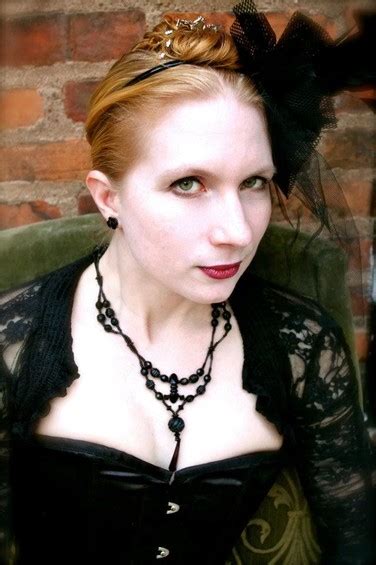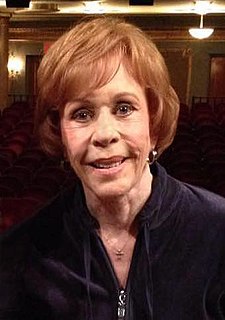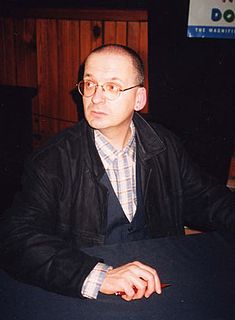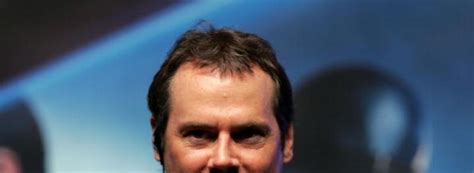A Quote by Sue Miller
I think the plasticity of the novel is its greatest challenge. There are no rules; there is no necessary form. You can know what you want it to be, or do, and still not know how to write it. There are endless possibilities, infinite choices. What voice should it be in? What events to start with? What characters will be part of it?
Related Quotes
I don't know how to write a novel in the world of cellphones. I don't know how to write a novel in the world of Google, in which all factual information is available to all characters. So I have to stand on my head to contrive a plot in which the characters lose their cellphone and are separated from technology.
I always think I know the way a novel will go. I write maps on oversized art pads like the kind I carried around in college when I was earnest about drawing. I need to have some idea of the shape of the novel, where its headed, so that I can proceed with confidence. But the truth is my characters start doing and saying things I don't expect.
Do you know how much energy, how many powers, how many forces, are still lurking behind that frame of yours? What scientist has known all that is in man? Millions of years have passed since man came here, and yet but one infinitesimal part of his powers has been manifested. Therefore, you must not say that you are weak. How do you know what possibilities lie behind that degradation on the surface? You know but little of that which is within you. For behind you is the ocean of infinite power and blessedness.
But there is no sole person for another's heart. Souls cannot be broken and then completed by another. That's not healthy, nor wise. There are infinite possibilities as there are infinite people and some matches are better than others...Just don't say that you'll die without the other one or that you'll never love again or that you're not whole-That's the stuff of Romeo and Juliet, hasty nonsense, and you know how well that turned out...Just don't be desperate about it. That's where souls go wrong, when they think they don't have choices. The heart must make choices.
Well, people have been wondering what's going to happen to the novel for two hundred years; its death has been announced many times. You know, I think the novel keeps redefining the world we live in. What you should look for in a novel is a window nobody else is looking out of, that nobody else can look through. What you look for is a voice. You pick up a novel by someone such as Faulkner or Hemingway and you just read three pages and you know who wrote it. And that's what one should demand of a novelist.
There were a lot of lessons of production to be learned. On the page, the biggest thing you learn on any TV show is how to write to your cast. You write the show at the beginning with certain voices in your head and you have a way that you think the characters will be, and then you have an actor go out there, and you start watching dailies and episodes. Then, you start realizing what they can do and what they can't do, what they're good at and what they're not so good at, how they say things and what fits in their mouth, and you start tailoring the voice of the show to your cast.
I'm skeptical that the novel will be "reinvented." If you start thinking about a medical textbook or something, then, yes, I think that's ripe for reinvention. You can imagine animations of a beating heart. But I think the novel will thrive in its current form. That doesn't mean that there won't be new narrative inventions as well. But I don't think they'll displace the novel.
It isn’t necessary to know exactly how your ideal life will look; you only have to know what feels better and what feels worse…Begin making choices based on what makes you feel freer and happier, rather than on how you think an ideal life should look. It’s the process of feeling our way toward happiness, not the realization of the Platonic ideal, that creates our best lives.
Why do I like to write short stories? Well, I certainly didn't intend to. I was going to write a novel. And still! I still come up with ideas for novels. And I even start novels. But something happens to them. They break up. I look at what I really want to do with the material, and it never turns out to be a novel.
Anything that we know how we do, machines will do better. Now, the key element of this phrase is, "We know how we do it." Because we do many things without knowing exactly how we do them. So this is the area where machines are vulnerable, because it still has to learn from some kind of experience. It needs something - at least the rules of the game. You have to bring in something that will help the machine to start learning. It's like square one. If there's nothing there, if you can't explain it, that's a problem.







































